ALUMNI STRATEGIC PLAN | ENGAGING COMMUNITIES
Insights Into Healthcare: From Rural Communities to Citizen-Led Transformation
November 30, 2023 ·
Contributed by: Leah Fleet and Meagan Keane

Paul Heinrich, President and CEO of the North Bay Regional Health Centre, is a self-described ‘disruptor’.
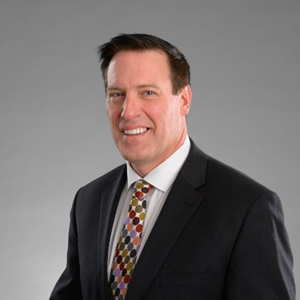 Another way you could describe Paul is ‘lifelong learner’. A proud graduate of DeGroote’s Directors College Chartered Director (C.Dir.) program, Paul recently was a member of the first cohort of the Health Leadership Academy’s National Health Fellows (NHF) program. With these most recent programs, all combined, Paul has amassed 15 years of post-secondary education and seven degrees.
Another way you could describe Paul is ‘lifelong learner’. A proud graduate of DeGroote’s Directors College Chartered Director (C.Dir.) program, Paul recently was a member of the first cohort of the Health Leadership Academy’s National Health Fellows (NHF) program. With these most recent programs, all combined, Paul has amassed 15 years of post-secondary education and seven degrees.
As the leader of a unique healthcare organization that provides community acute care services, district specialist services, and specialized mental health services for all of northeast Ontario, he is no stranger to the healthcare issues faced in northern and rural communities.
Paul spoke about his experience as a participant of the first cohort of the National Health Fellows, and the opportunities he sees as we move toward a citizen-led transformation of the health care system.
How would you summarize your experience being part of the first group of National Health Fellows within the Health Leadership Academy?
I am immensely proud to be a participant in this first group of National Health Fellows – I would even go so far as to say this is one of the highlights of my career. I feel like I’ve opened up a whole different level of understanding and worldview that has been influenced by the faculty and by my fellow Fellows. I am grateful to have had the opportunity to participate, and I am energized by the idea of bringing these ideas and insights back to my hospital and our health system partners.
Can you tell us about some of the innovations in healthcare that really stand out for you from your time in Palo Alto?
My experience in Palo Alto reaffirmed to me that Canada is really quite innovative, although we don’t give ourselves credit for it. We are many cylinders of excellence across the country – if we could harness, scale, and share our innovations, we could keep pace with the Americans in health and social service innovation.
I was first exposed to creative problem solving in 2006 at McMaster during the Chartered Director program. I was so impressed by the effectiveness of these tools, and I committed to myself that I would bring this methodology with me wherever I could.
Today I’m proud to say we have been using ‘how might we?’ terminology and other creative problem solving tools in North Bay for more than a decade. It’s not even something our team has to think about anymore, we’ve embedded it right into our culture.
I brought back with me from Palo Alto an understanding of the importance of innovation in health care transformation. I saw that technology is probably the biggest disrupter, but we have an obligation as leaders to balance innovation with the reality of the insecurities and inequities faced by the populations we serve.
What are some of the unique challenges you see in health care that you’re witnessing in more rural communities?
Health human resources are a challenge for everyone across the sector but is arguably more extreme in northern and rural communities. I know we are seeing the impact here in North Bay.
This is where I think being part of the Fellowship is a major benefit. Together we are rethinking the fundamental underlying design of integrated care in our nation. We have an obligation as fellows to have an impact locally, regionally, provincially, and nationally and together we have started that work.
I think we all agreed that the answers for health creation are within the Indigenous ways of knowing and being around wholeness and wellbeing. And that is the future of citizen-led transformation of the health care system.

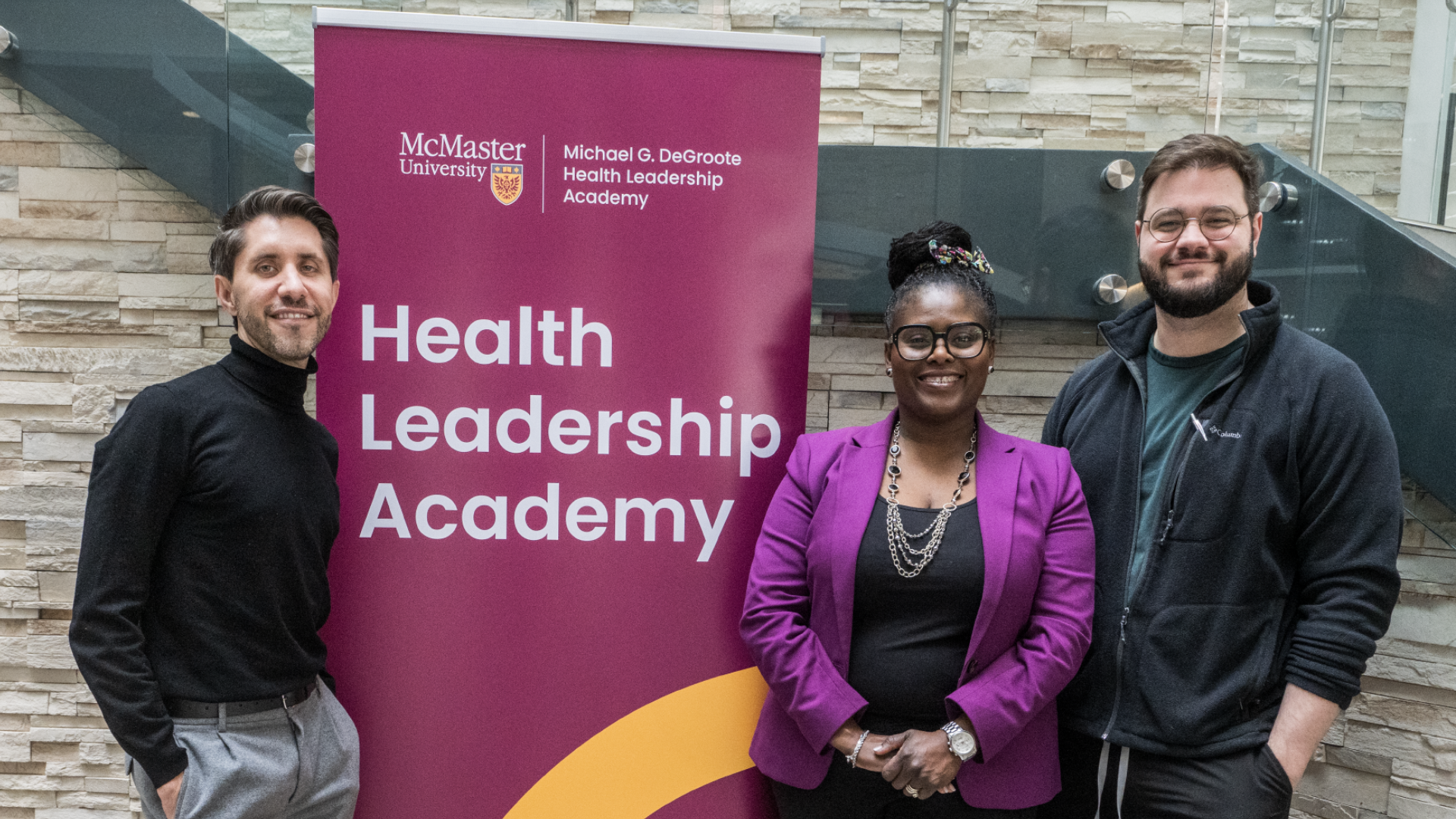
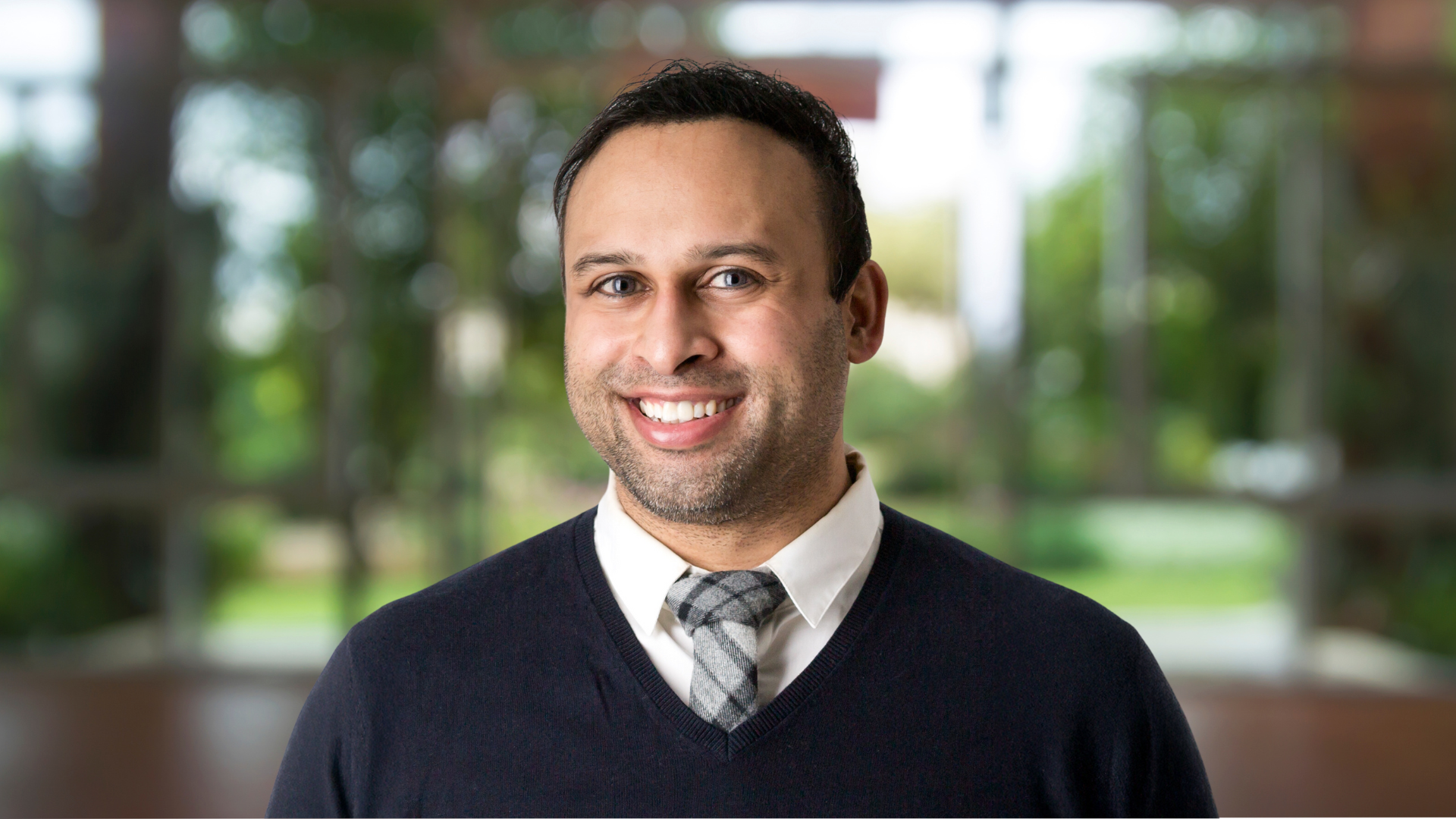
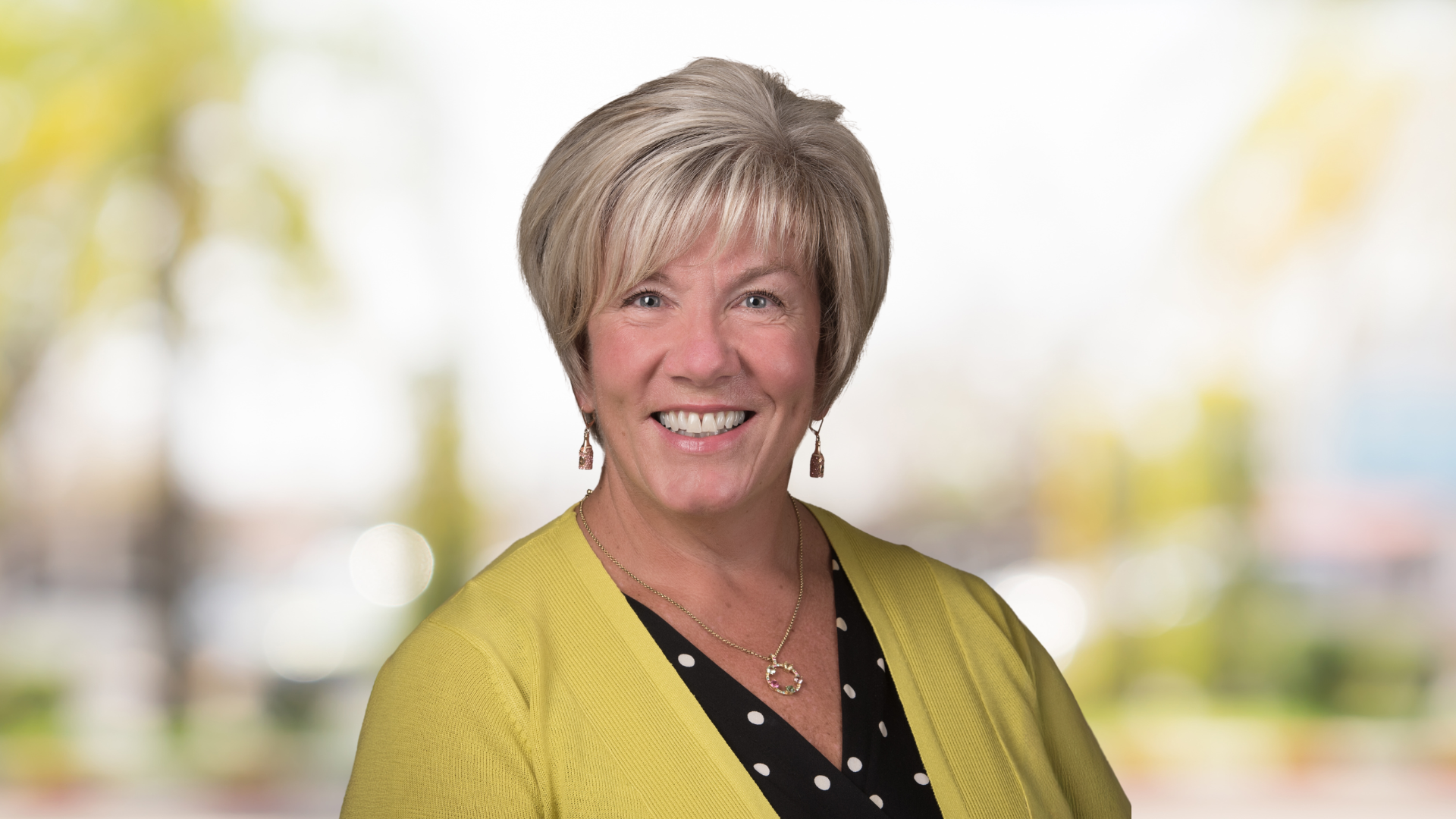
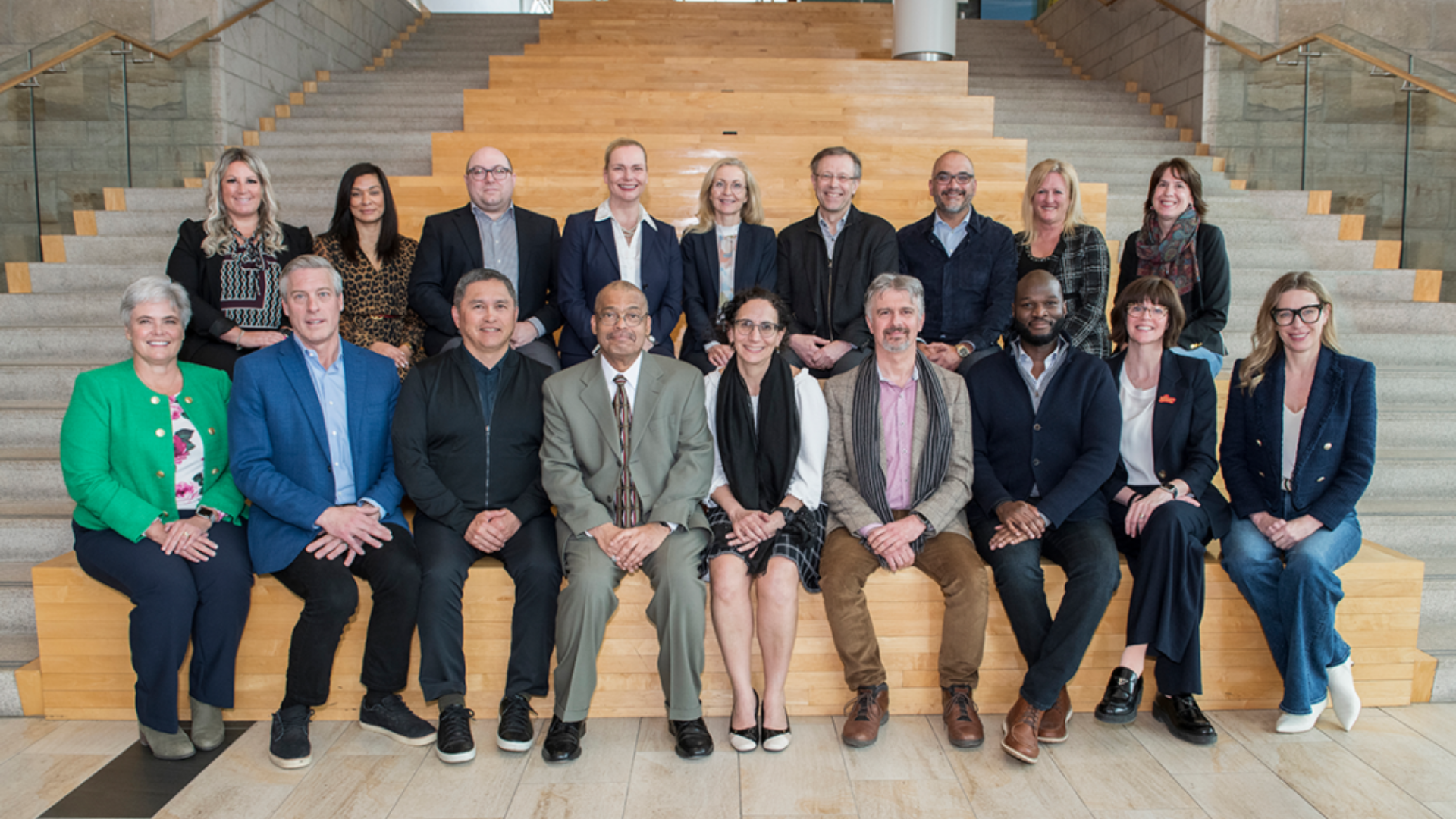
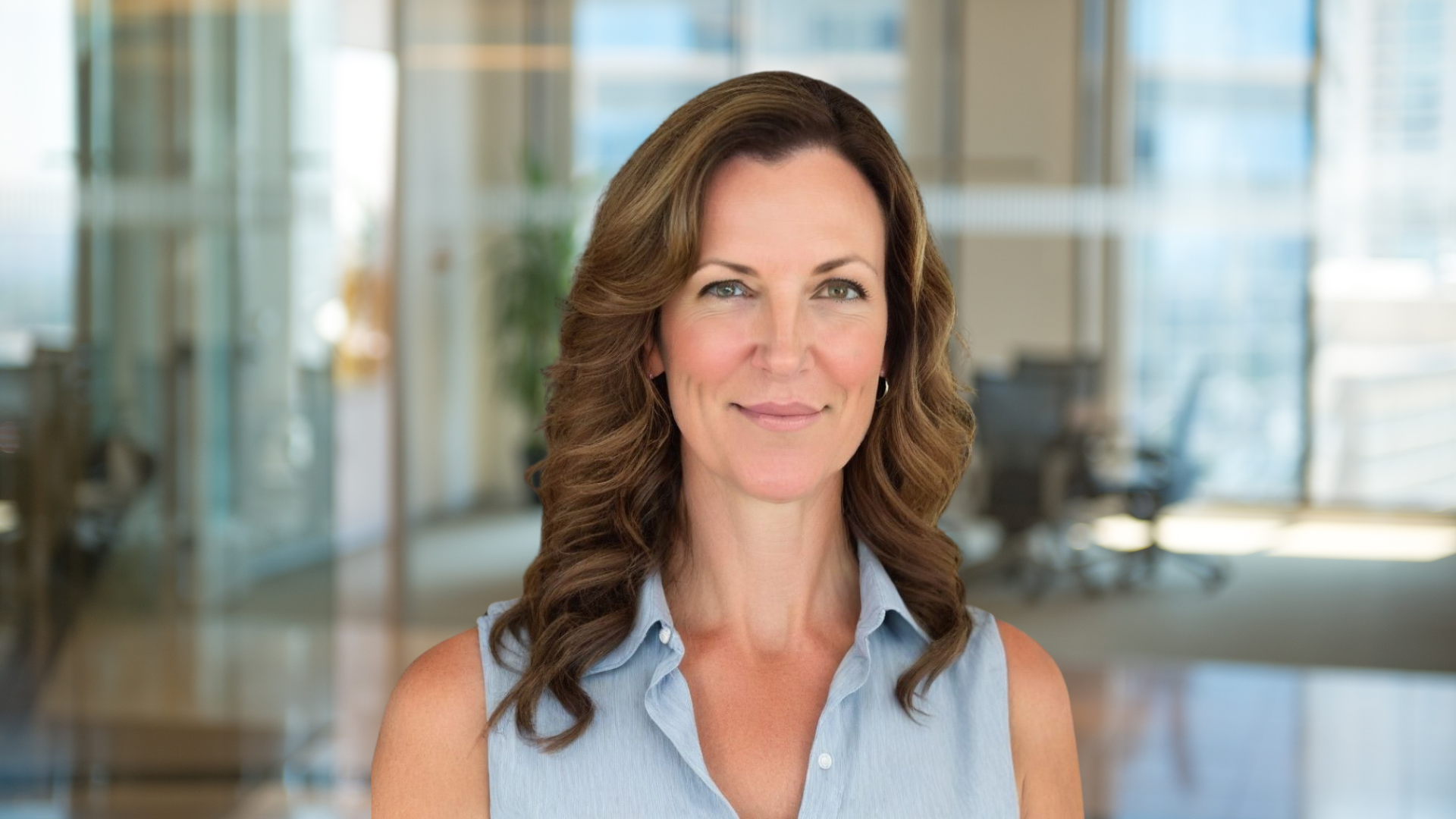
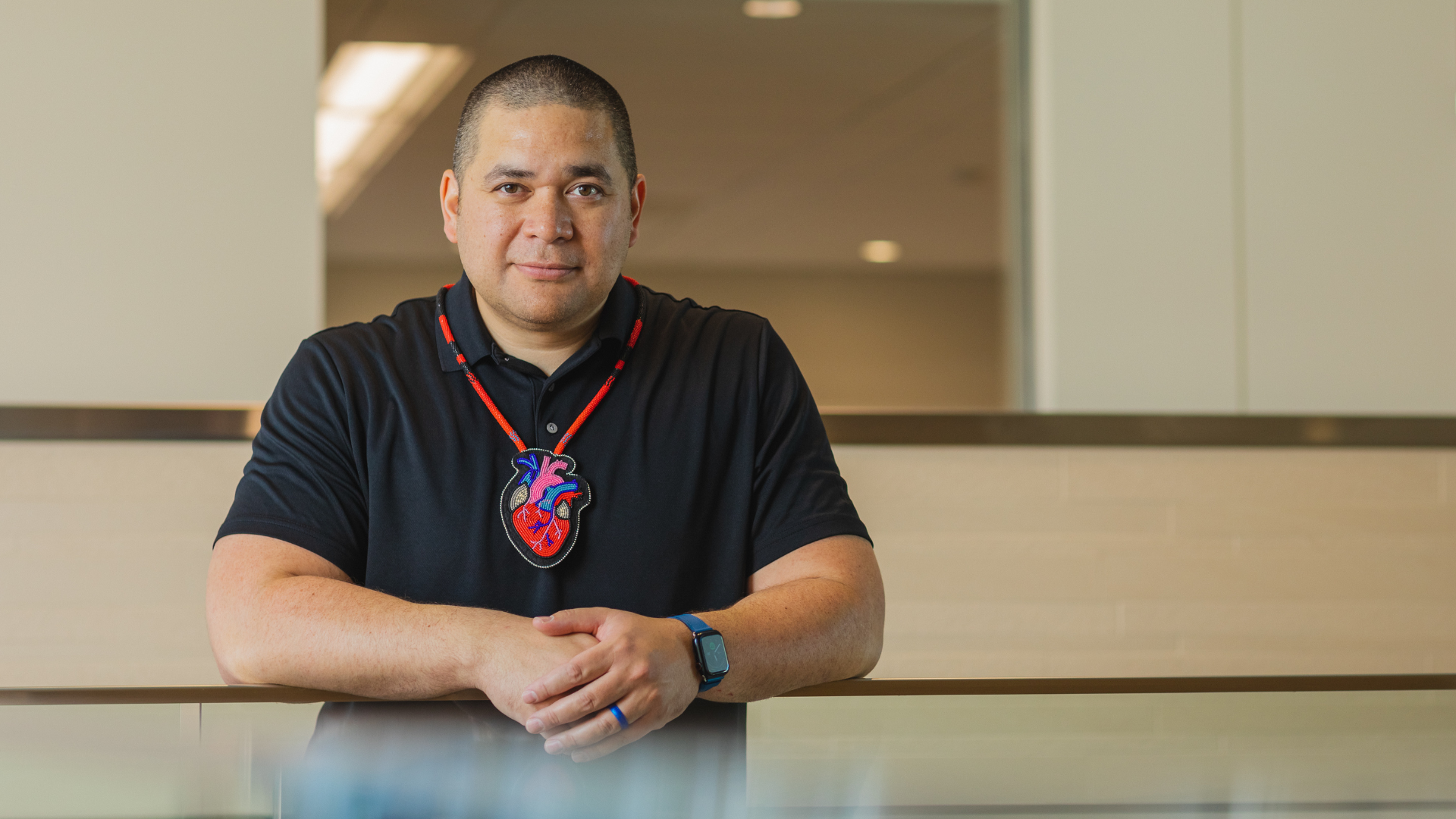
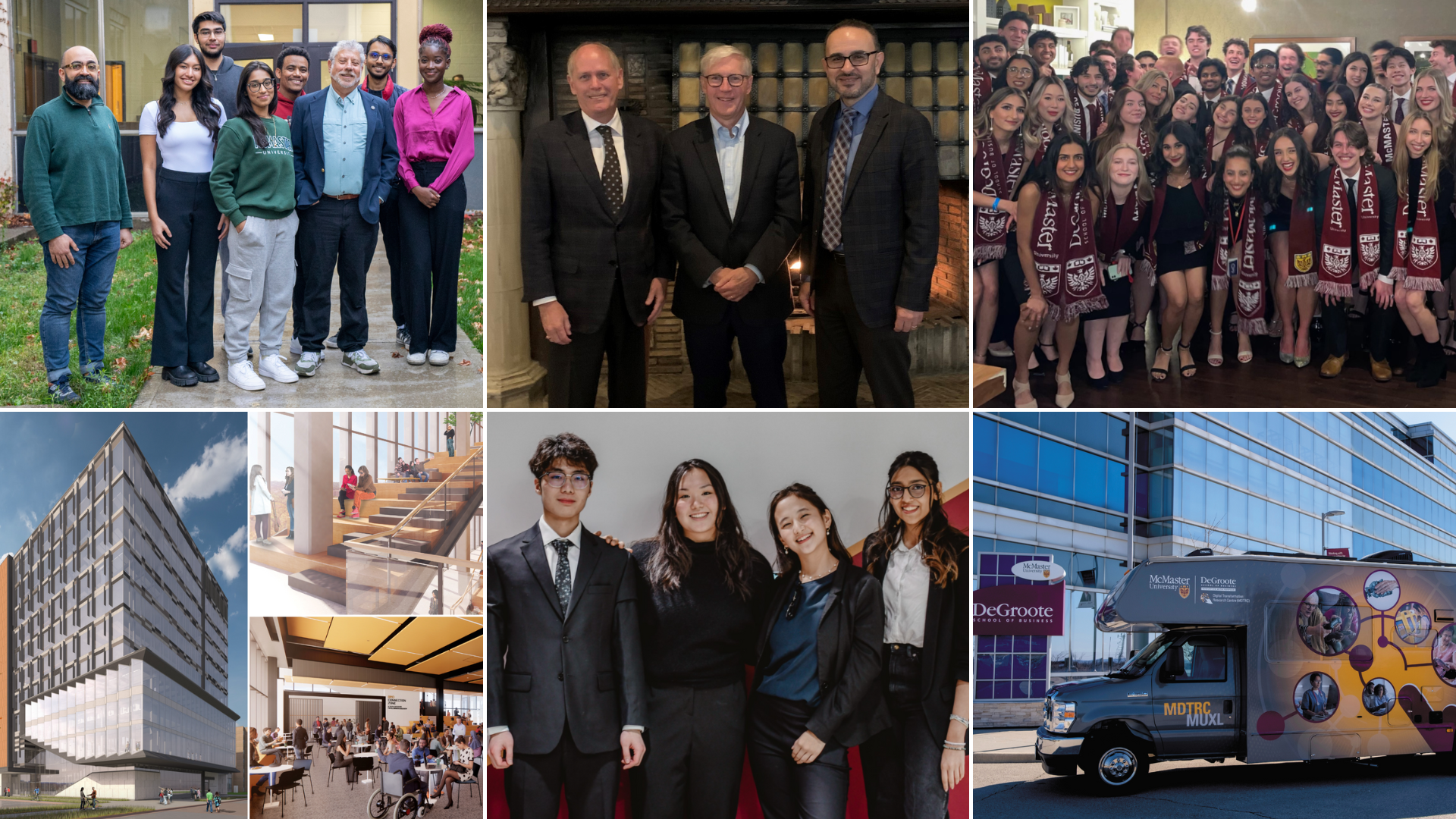

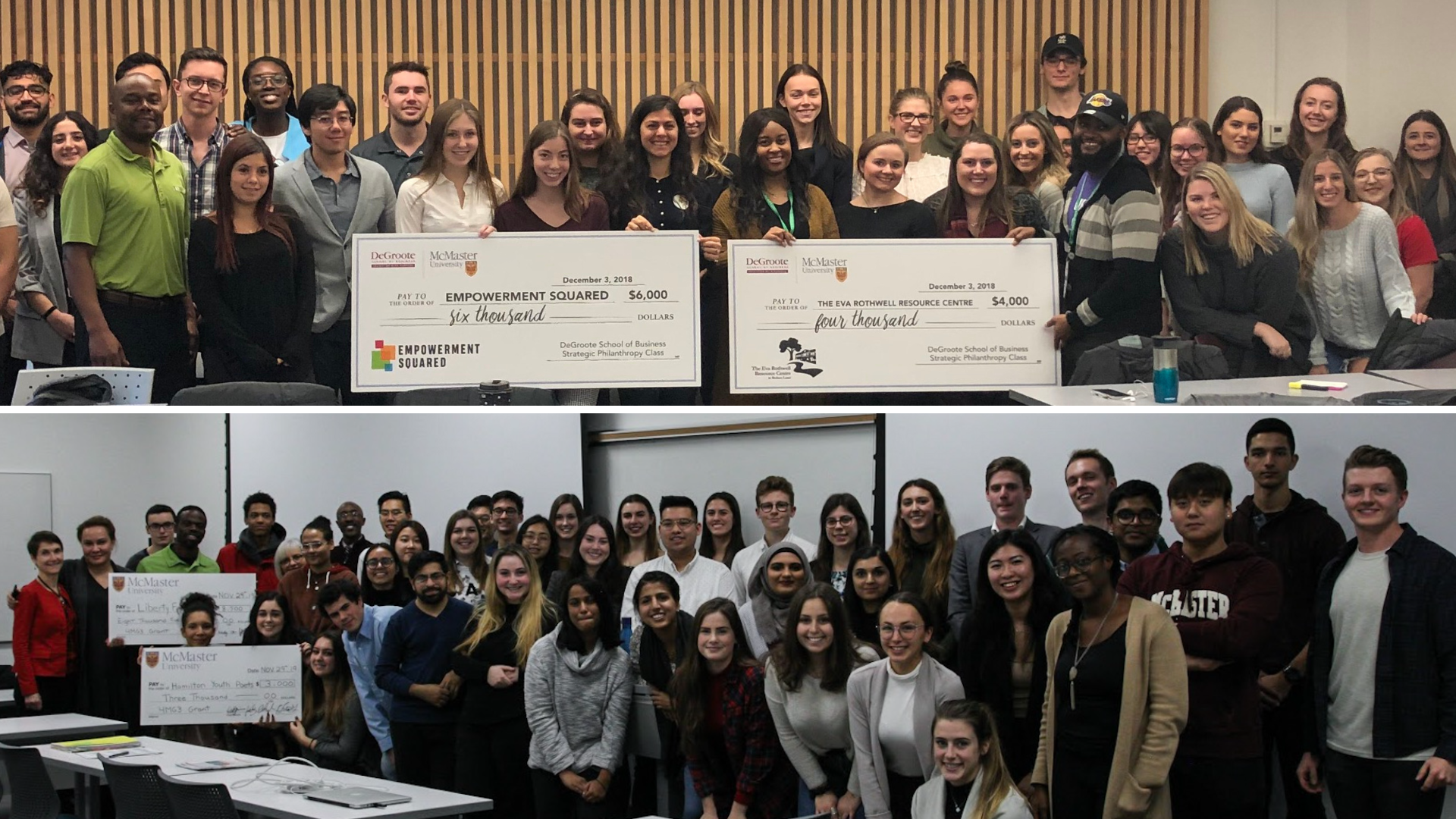
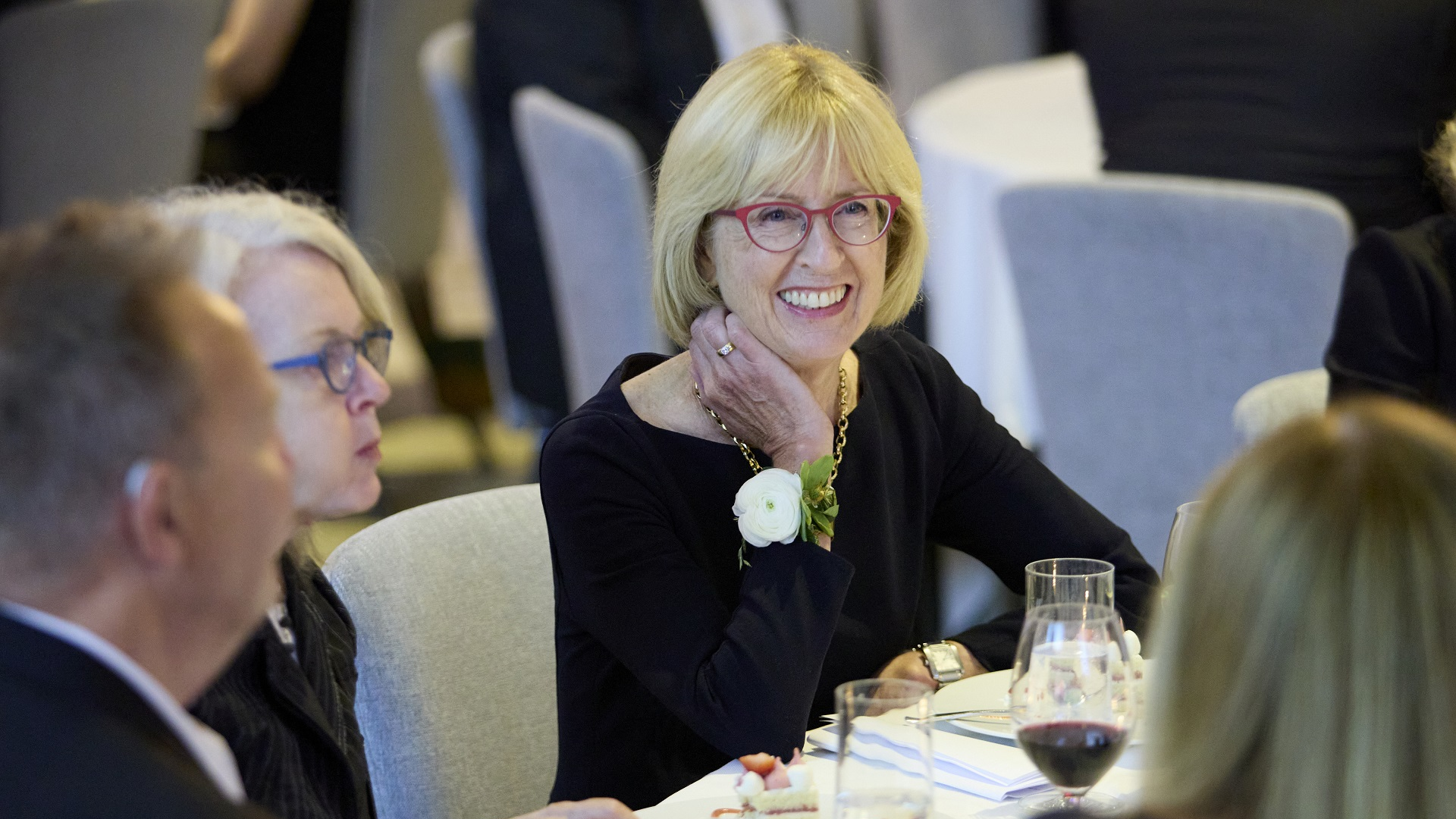
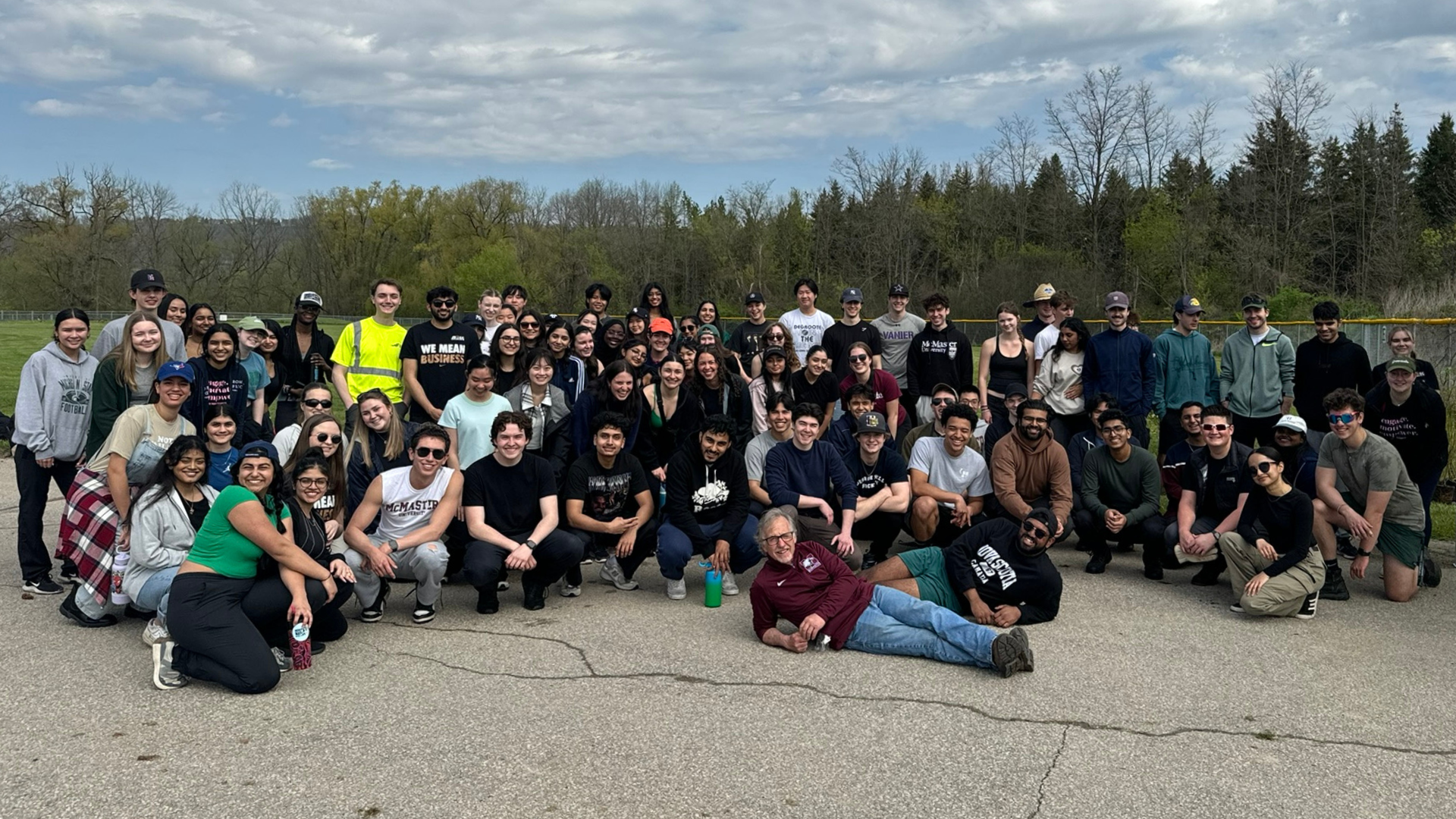



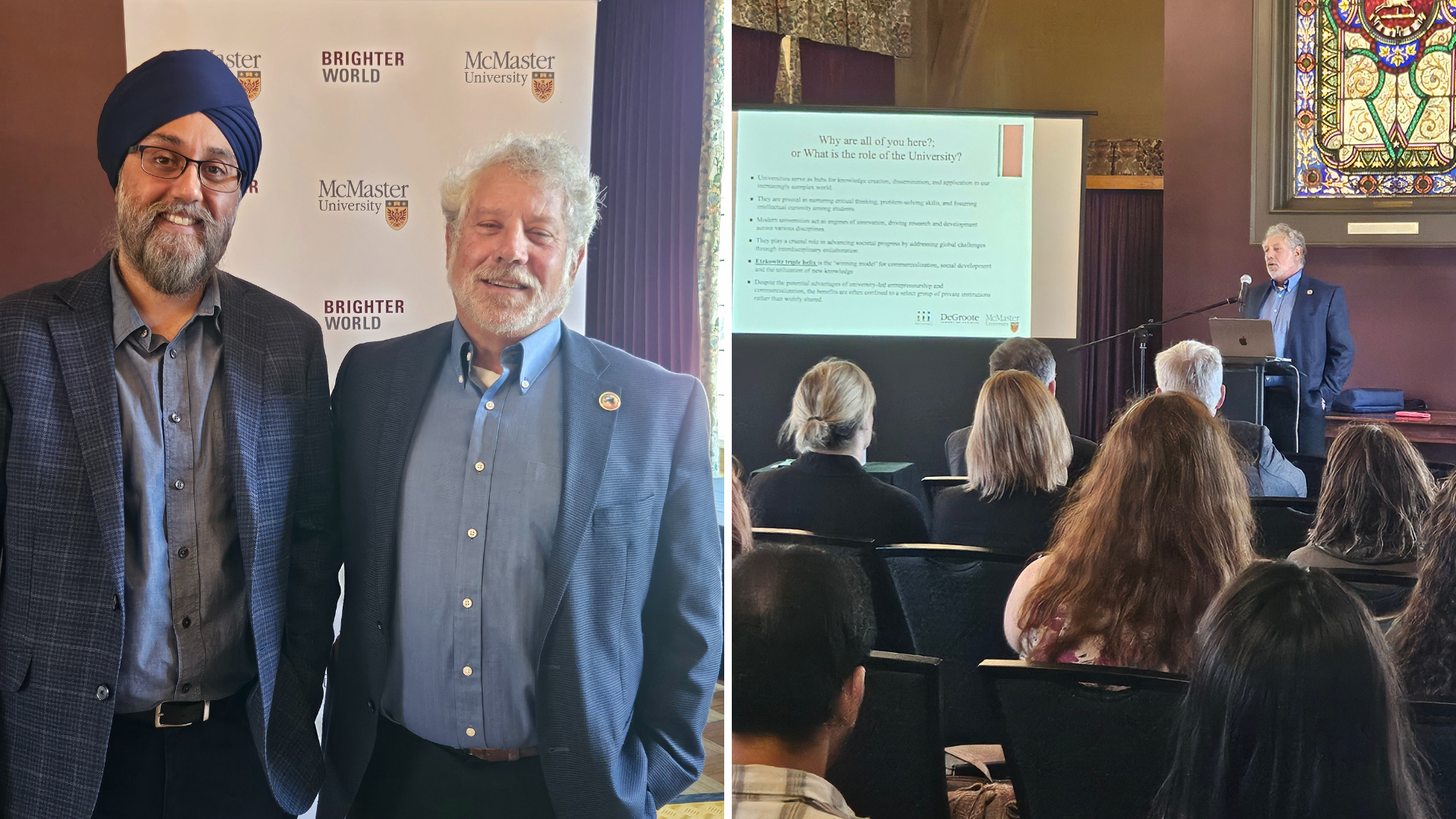
Great Insights Paul. Thanks very much for sharing this.